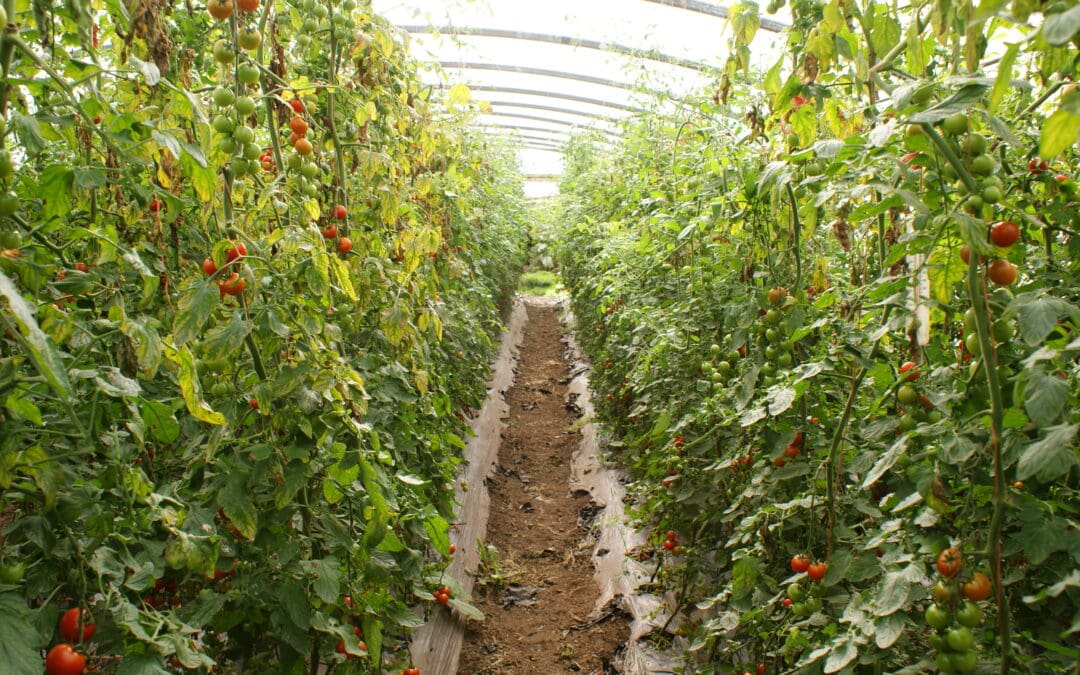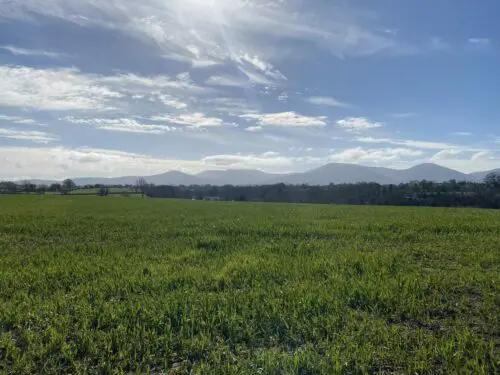PAPILLONS (Plastic in Agricultural Production: Impacts, Lifecycles and LONg-term Sustainability) H2020 project and is studying the socio-economic sustainability of agricultural plastics use at farm level.
This study aims to shed light on knowledge gaps associated with agricultural plastics use and related effects on farm economics and costs at social and environmental level. This is a topic that has received little research attention before now.
Each year, 3 to 4 million tonnes of agricultural plastics are used in Europe, which generates 1 million tonnes of waste. Over one third of this total is used in the form of protected cultivation plastic films including greenhouse systems, low tunnels, covers and mulching films. These different plastic applications can increase crop yield by, for example, controlling pests or protecting plants from harsh conditions.
Micro- and nanoplastics in soils represent a form of irreversible pollution. It is increasingly evident that farmed lands are becoming hotspots of this pollution. Plastics reach farmed soils through the use of biological contaminated fertilisers (such as sewage sludge and some types of compost), wastewater irrigation, runoff from roadways and atmospheric deposition.
Some of the ways in which we use agricultural plastics, along with mismanagement of plastic waste, are also an important source of pollution. Mulching films and covers are used in close contact to the soil. During use and handling these materials can break and degrade, generating fragments that are then released directly into the soil (including micro- and nanoplastics).
The European scale of this pollution, the potential long-term impacts on soil ecosystems and ability to support agricultural production are unknown. PAPILLONS is actively working to solve this knowledge gap through surveys, monitoring activities and scientific experiments.
PAPILLONS selected three European case studies (Finland, Ireland, and Italy) due to their different geographical locations, socio-economic contexts, regulations regime, and farming practices.
Irish stakeholders engaged in the study (e.g., Irish Farmers Association, Irish Rural Association, Department of Agriculture, Food and Marine, etc.) suggested focusing on the use of plastic bale wrap films and their related effects on Irish farm economics.
A dedicated survey is now available in digital format and Irish farmers are being asked to complete it. The survey can be found here.
Learn about Irish research into biodegradable plastics in food production by visiting our Innovation Hub here.




